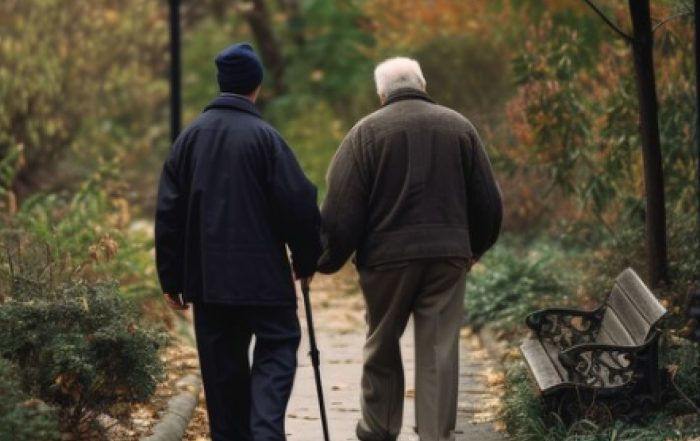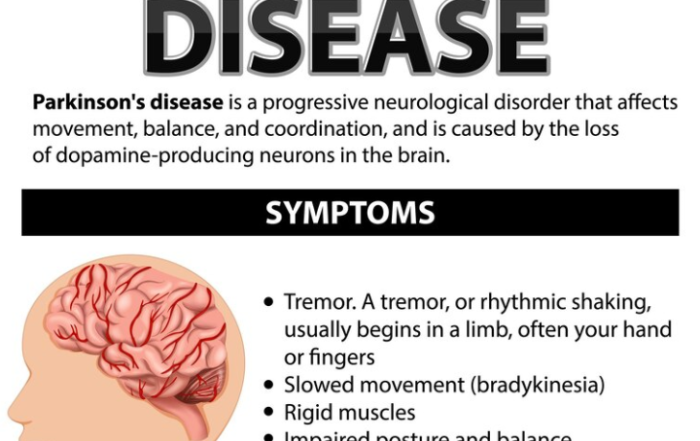The old saying is true: you can’t pour from an empty cup. For people who have taken on the responsibility of caring for an aging loved one, the challenge of meeting their needs while managing your own can sometimes feel overwhelming, frustrating, and exhausting.
The term “self-care” may bring up images of spa days and hot baths, but it also refers to the small daily habits that caregivers can practice to help find balance while supporting their senior adult. Setting aside time for self-care does more than maintain your mental and physical wellbeing – it also makes you a better caregiver.
What are the symptoms of caregiver burnout?
Though rewarding, the work of caring for a loved one can feel endless and all-consuming at times. Caregivers who don’t take regular breaks from their responsibilities are vulnerable to caregiver burnout.
Symptoms can be both physical and mental, and may include:
- Anxiety
- Feelings of hopelessness
- Loss of interest in things you enjoy
- Changes in appetite
- Changes in sleep patterns
- Body aches and pains
- Fatigue
Living in a state of chronic stress not only makes the daily tasks of caring for your loved one harder to manage, it can have long-term impacts on your health.
How does stress affect health?
As seniors age, their level of need changes. Your responsibilities as a caregiver tend to increase over time while your commitments to your work, family, and community remain in place. If you’ve found yourself frustrated that you can’t add hours to the day or be in two places at once, you may be experiencing chronic stress.
Everyone experiences stress and burnout differently, but common manifestations like digestive problems and elevated blood pressure can cause or increase your chances of developing serious diseases. For many people, long-term stress can encourage unhealthy coping mechanisms like excessive drinking, smoking, and even overeating. A shocking 43% of adults suffer from stress-related health problems.
With your loved one depending on you for support, it is crucial that you find healthy, effective ways to manage your stress.
Self-care tips for caregivers
How can you combat burnout when your caregiving duties have you feeling frustrated, hopeless, or overwhelmed?
When you are already running on empty, taking time out of your day to address your needs can feel counterintuitive. However, failing to care for your own mind and body can have dire consequences, both for yourself and your senior loved one.
Self-care is productive! Here are a few ways you can support your health and wellbeing as a caregiver.
 Get professional help with home care.
Get professional help with home care.
Quality, compassionate in-home care can be a lifesaver for caregivers. In-home care workers can assist with seniors’ daily needs, like grooming, errands, meal prep, and light housekeeping. These professionals can even offer companionship and conversation to your loved one during times that you can’t be with them.
Caregivers can schedule professional assistance on a regular basis, or arrange for services as-needed, such as:
- Respite and companion care services that offer seniors support and socialization while you are away.
- Nutrition management services to help with shopping, meal planning, cooking, and feeding.
- Personal care for seniors who need help dressing, bathing, and completing daily tasks.
Take an inventory of your own needs.
- Have you been getting at least 7 hours of sleep each night?
- When was the last time you sat down to a full meal?
- Have you been drinking enough water?
If you’re feeling overwhelmed, take a moment to think about any unmet needs you may have and what steps you can take to fulfill them. Some caregiving tasks can’t be safely delayed, but that basket of laundry or sink full of dishes can wait while you take the break you need.
There may be aspects of your situation that you are unable to change, but you may find that you can shift your perspective by calling a friend, taking a walk, or sitting down with a cup of tea.
Practice mindfulness.
With so many uncertainties surrounding the work of caregiving, it’s easy to expend time and energy trying to anticipate the future. Caregivers know that their situation will change over time, but it’s impossible to say for certain what comes next.
Mindfulness, or the practice of consciously living in the present moment, is a powerful tool for combatting anxiety.
Meditation, prayer, and even quiet time alone are all excellent opportunities to be mindful. When practiced regularly, the simple act of taking time to center yourself has been shown to reduce anxiety by up to 60%.
Reflect on your current situation as it is, rather than how you think it may be in the future. What do you need right now? What are you grateful for? Accept how it feels to be in your position right now, without judgment. You may be surprised by how helpful it is to acknowledge your thoughts and feelings.
Reach out to others for caregiver support.
These days, there are many fantastic in-person and online support groups that help caregivers connect with others who can empathize with their daily challenges. Many people find it helpful to exchange ideas and resources and to bond over shared experiences.
Others may find comfort in reaching out to their family, clergy, or friend groups for a listening ear. Regardless of your preference, a critical part of self-care is avoiding prolonged isolation and nurturing connections with others.
Set aside time to prioritize your social relationships, whether that means attending a lunch outing with a local support group or FaceTiming with a friend.
Identify barriers to asking for help.
If you are struggling to allow yourself to seek out the help you need, take time to reflect on why that is.
You may realize that you are carrying unhelpful or untrue beliefs about what it means to ask for assistance with your caregiving responsibilities. Some people worry about judgment from themselves or others if they call in reinforcements, while others may view seeking help as a painful acknowledgment that their loved one’s health has declined.
It is important to recognize that recruiting help with caregiving tasks is entirely normal and commendable. Attending to the needs of an aging loved one is a full-time job that most caregivers take on in addition to all of their usual obligations. It only makes sense that you would need a helping hand.
Reach out to others, and arrange for personal care assistance tailored to your senior adult’s level of need. Creating the space you need to prioritize self-care is an essential part of your responsibilities as a caregiver.






